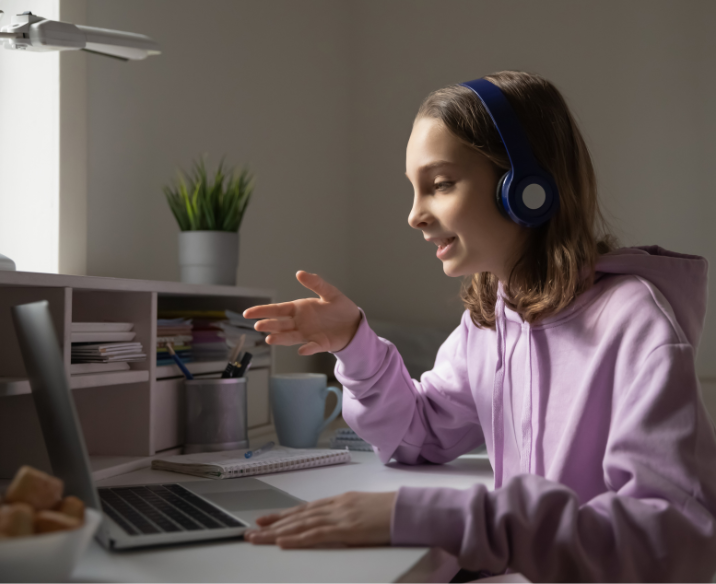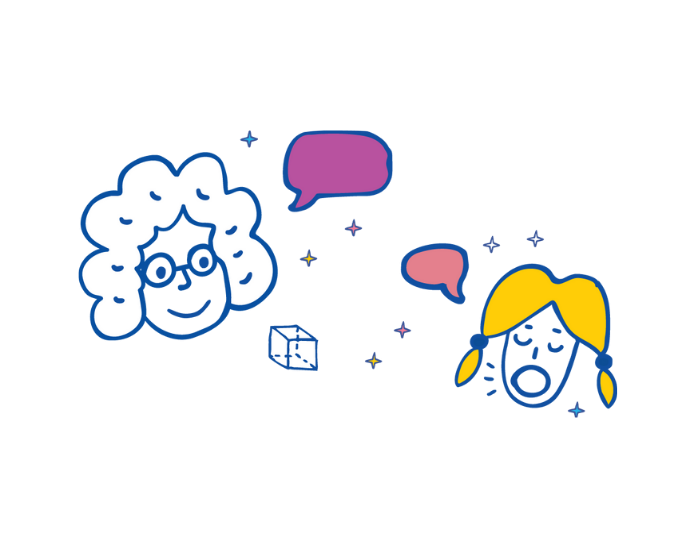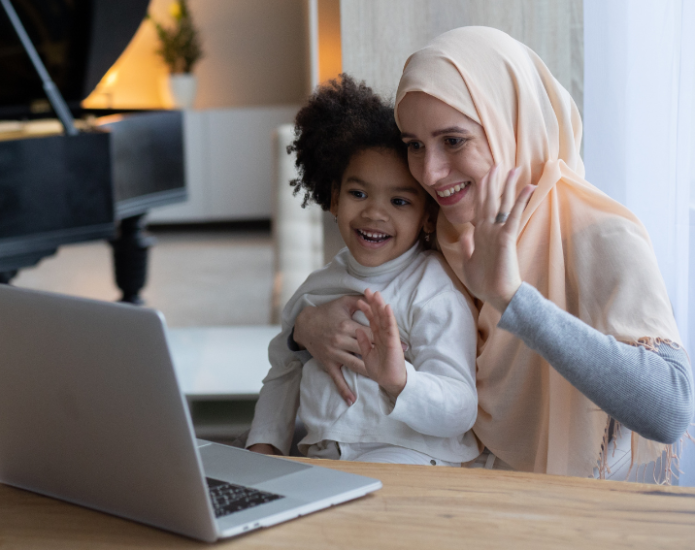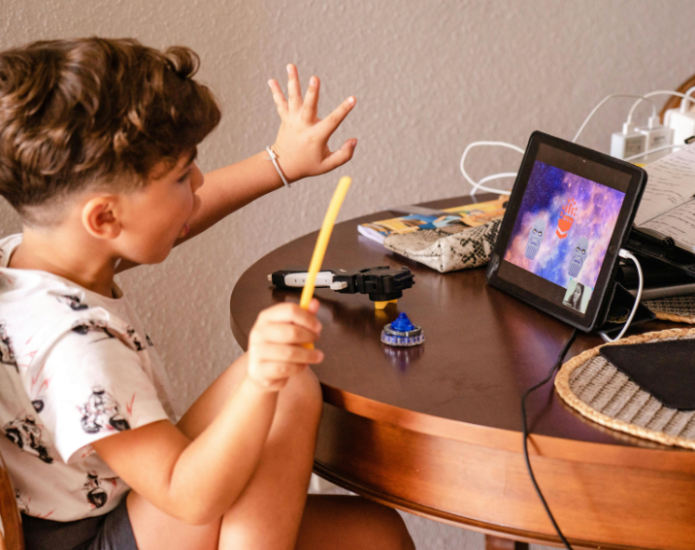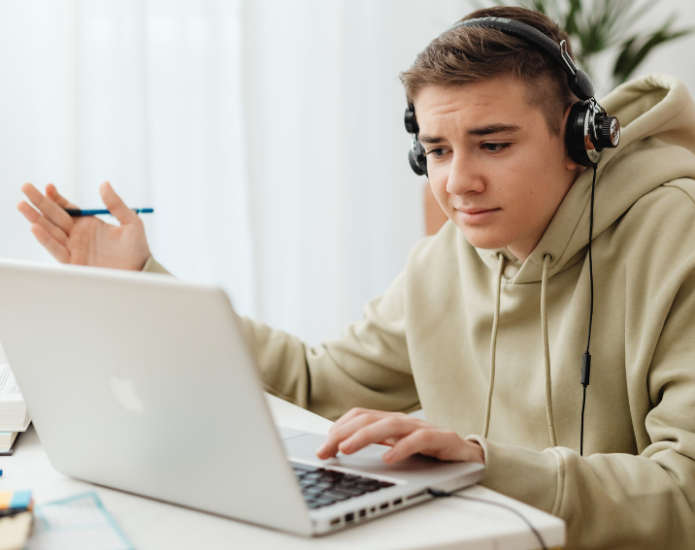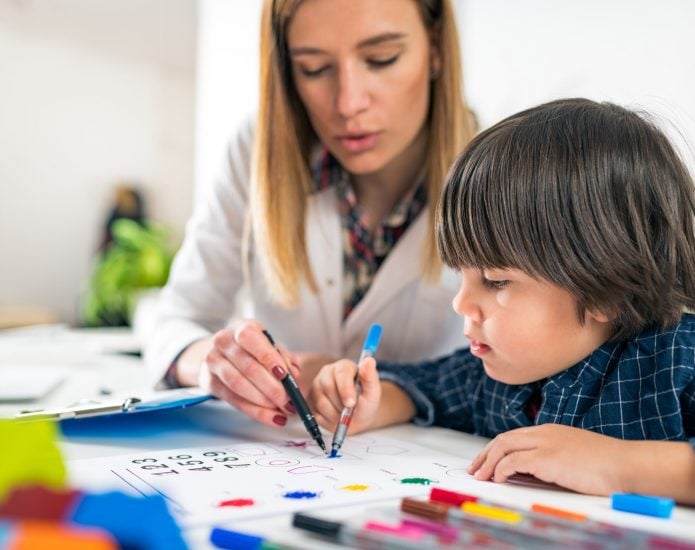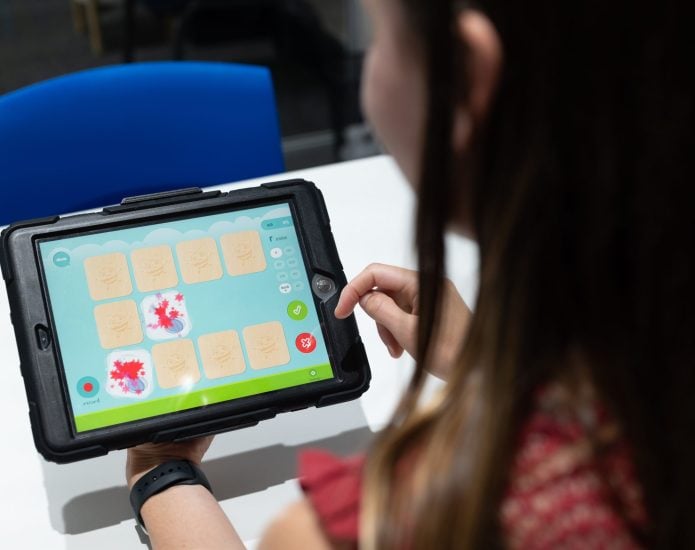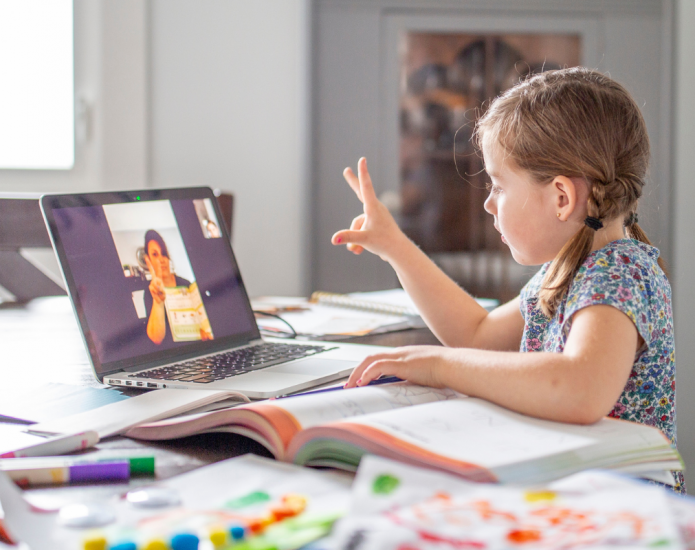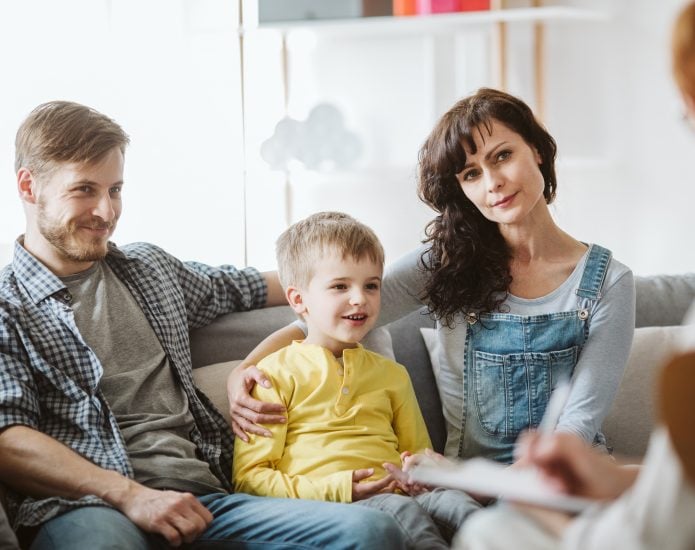What Does a Telehealth Counselling Session Look Like?
In many ways our online counselling sessions work just like our face-to-face sessions. Our psychologists identify goals, select appropriate evidence-based psychological therapies, develop a tailored program and plan engaging counselling sessions around your child’s needs and interests. Here’s what to expect from your online counselling program at Learning Links:
Before Your Session
We’ll send you an email with a Zoom link to join your psychologist’s Zoom room. This link is unique to you, and you’ll use the same link to join your session every week. We recommend setting up a dedicated private space in your home that your child can join their session from. All you need is a good internet connection and a device – if your child will be using lots of digital resources and games as part of their online counselling program, we recommend using a laptop, desktop computer or iPad/tablet rather than a phone. Speak with your child’s psychologist about the devices you have available and determine the most suitable for your child.
Your First Session
A trusting relationship is crucial in online counselling. Our first session is usually conducted between parents / carers and the psychologist to gain an understanding of your family life and challenges. In your child’s first session, the psychologist will arrange a few activities to get to know your child and their interests. Some children need more time to feel comfortable with new people so this may take place over several sessions.
Goal Setting and Therapy Plan Development
After the first session/s, your child’s psychologist will help you identify some priority goal areas so start working on and any specific therapy approaches that may be used. Once these goals are agreed on, they’ll develop a tailored plan for ongoing online counselling.
Ongoing Online Counselling Sessions
Online counselling sessions can look very different for each child depending on their age, goals and interests. Sessions may include a mix of conversation, worksheets, videos, books, games, role play or crafts. Our psychologists are experienced in using native Zoom tools and simple online resources to help your child engage and learn – like screenshare, Google Docs, remote control screen and digital whiteboard.

